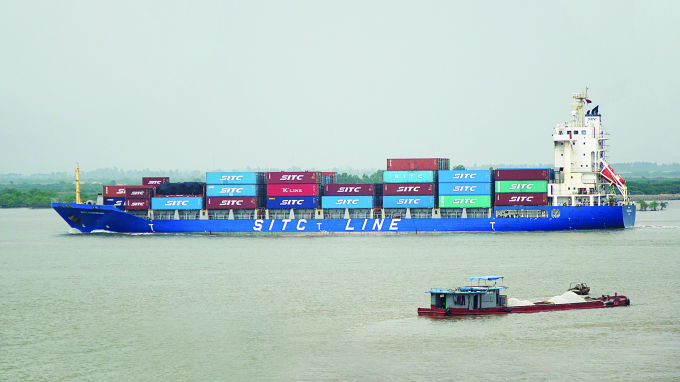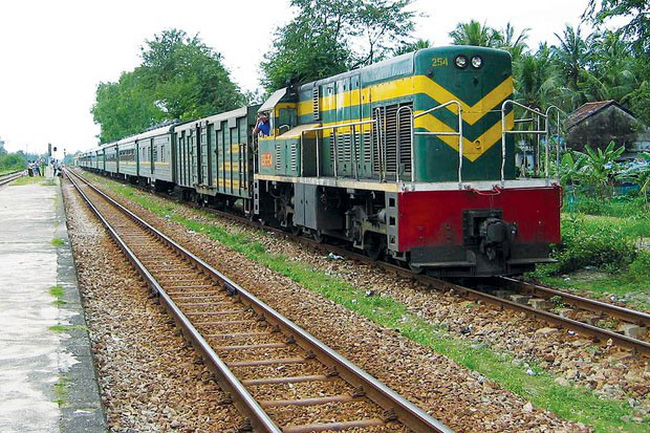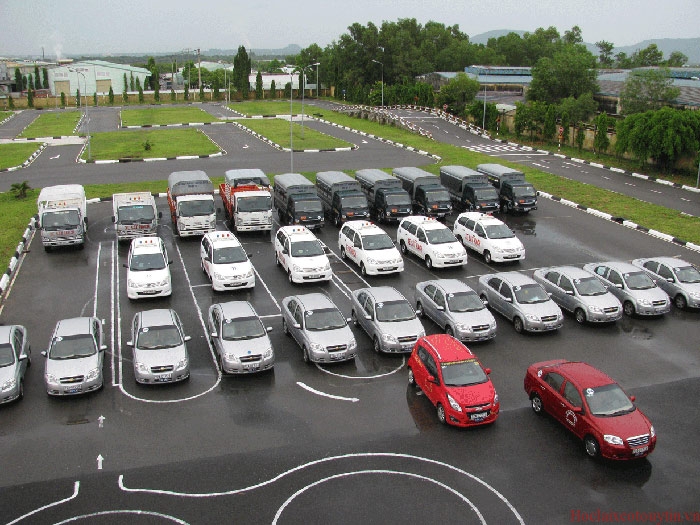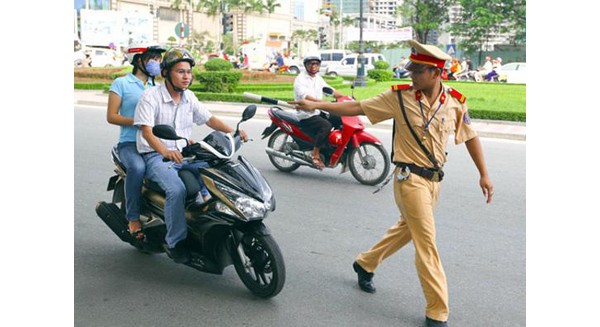This is an important addition mentioned in the draft Law on Management and Use of Weapons, Explosives, and Supporting Tools, presented to the National Assembly by the Ministry of Public Security recently. The draft has increased certain rights regarding the use of firearms, the right to use firearms for the Police forces, Traffic Police, and public duty officers.
Currently, the use of guns and weapons, in general, is regulated by the Ordinance on Management and Use of Weapons, Explosives, and Supporting Tools 2011 issued by the Standing Committee of the National Assembly, and the Ordinance Amending the Ordinance on Management and Use of Weapons, Explosives, and Supporting Tools 2013. According to the regulations, the Traffic Police, Police in general, and law enforcement forces in particular are only permitted to fire their weapons when performing tasks of protecting national security or ensuring security and order, and the use of firearms must adhere to the following principles:
- The use of firearms must be based on specific situations, the nature, and the degree of the dangerous acts of the subjects.- Firearms are to be used only when there is no other measure to prevent the actions of the subjects and only after a warning has been issued. The warning can be verbal or by firing a warning shot into the air (guided by Clause 2, Article 9 of Decree 25/2012/ND-CP).- Firearms should not be used against women, children, or disabled individuals, except in cases where these individuals use weapons or explosives to attack or resist.- Measures should be taken to limit damage when using firearms.
The Ministry of Public Security has repeatedly proposed to the National Assembly to increase the authority to use firearms for law enforcement forces. Some opinions suggest that the current regulations on the use of firearms are not specific or clear enough, leading to law enforcers being hesitant to use firearms for fear of breaking the law and causing regrettable accidents. The law enforcement forces themselves are not fully aware of the regulations and do not know whether firing a gun is right or wrong, so they dare not fire.
"In reality, in many cases of delays, subjects use knives to charge at the police, who only fire warning shots and then get slashed. When the case goes to trial, the court asks why the police did not fire immediately. In such cases, the police can fire but not to kill; they can incapacitate the subject by shooting them in the leg or arm..." - Major General Tran The Quan, Deputy Director of the Department of Legal Affairs and Judicial Reform (Ministry of Public Security) said.
The Ministry of Public Security has presented to the National Assembly the Draft Law on Management and Use of Weapons, Explosives, and Supporting Tools, which proposes additional regulations:
Firearms to be employed without prior warning
This content is specified in the Draft Law in Clause 4, Article 21, which stipulates the use of firearms, as follows:
Law enforcement forces are permitted to fire without prior warning in the following cases:
- The subject is using weapons or explosives to directly commit acts of terrorism, murder, kidnapping for ransom, drugs, or is using weapons or explosives to resist arrest immediately after committing the above crimes.- The subject is using weapons or explosives to attack or directly threaten the safety of key national security infrastructure or vital targets protected by law.- The subject is using force, weapons, or explosives to directly threaten the life of law enforcement officers or others.- The subject is directly committing the act of seizing firearms from law enforcement officers.- Animals directly threatening the life and health of law enforcement officers or others.
The above regulations are still controversial because, in reality, issues related to weapons and explosives only need material evidence. Meanwhile, the regulation on "Subjects directly committing the act of seizing firearms from law enforcement officers" is quite difficult to prove, which may create loopholes for the abuse of power and misuse of authority for personal purposes. This is the content that the legal committee suggests the Draft Law needs to clarify or issue specific guiding regulations so that citizens are not confused when going out or participating in traffic.
See detailed content of the Draft Law here.
 Article table of contents
Article table of contents





.Medium.png)
.Medium.png)
.Medium.png)
.Medium.png)
